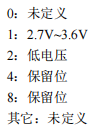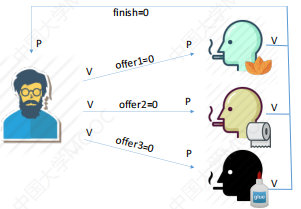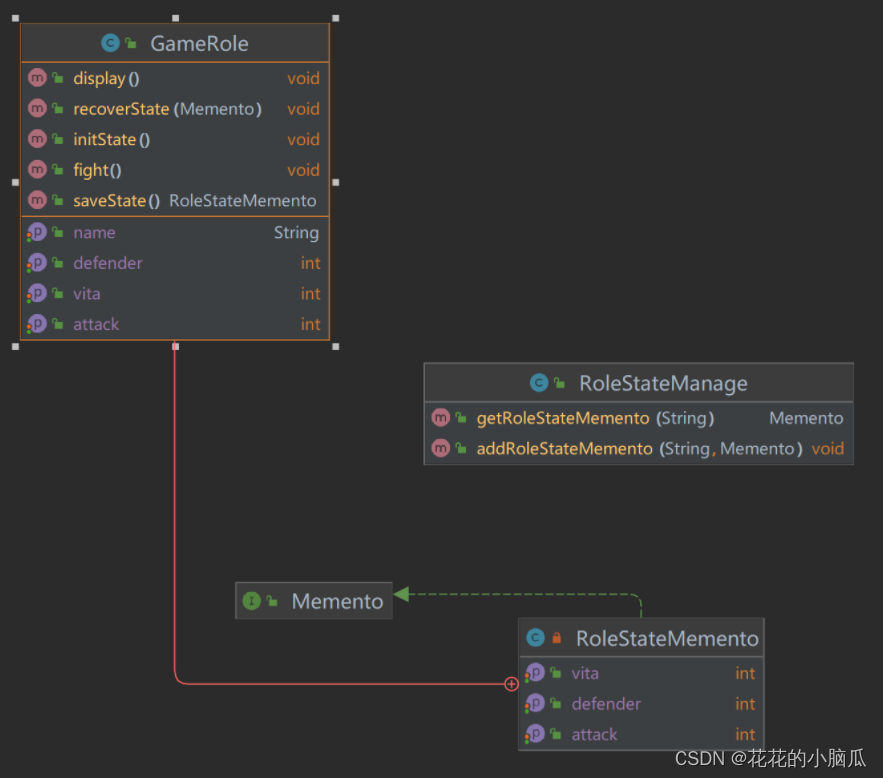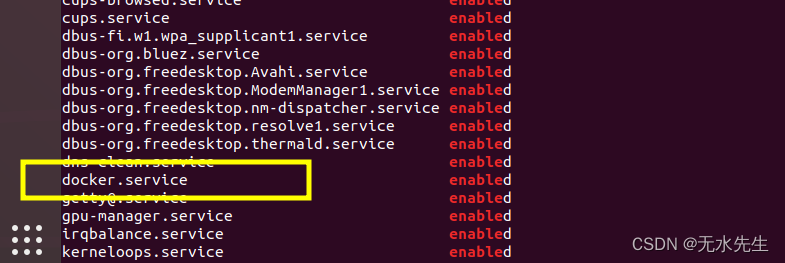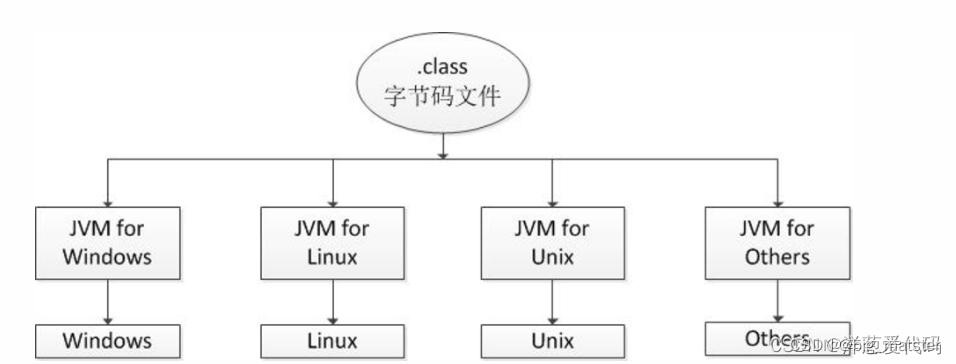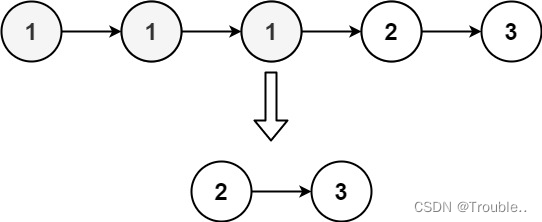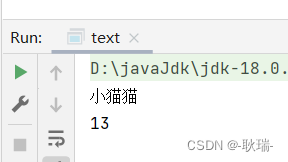文章目录
- Hertz介绍
- 应用层
- 路由层
- 协议层
- 传输层
- HZ脚手架
- Hertz的使用
- 一个简单的案例:利用Hertz监听8080端口并编写/ping的get处理函数
- Hertz和gin一样,提供了分组路由的功能
- Hertz路由的匹配优先级:静态路由>命名路由>通配路由
- 参数绑定:Bind、Validate、BindAndValidate用于参数绑定和校验
- 中间件
- HTTP Client
- Hertz代码生成工具
Hertz介绍
Hertz是字节跳动研发的企业级微服务HTTP框架,具有高易用性、易扩展、低时延等特点。是基于自研网络库Netpoll开发的内部框架Hertz。Hertz框架整体上满足:
1.极致性能优化的问题性
2.面对未来不可控需求的扩展能力,Hertz采用了4层分层设计(应用层、路由层、协议层、传输层),保证各个层级功能内聚,同时通过层级之间的接口达到灵活扩展的目标。整体框架如下图:
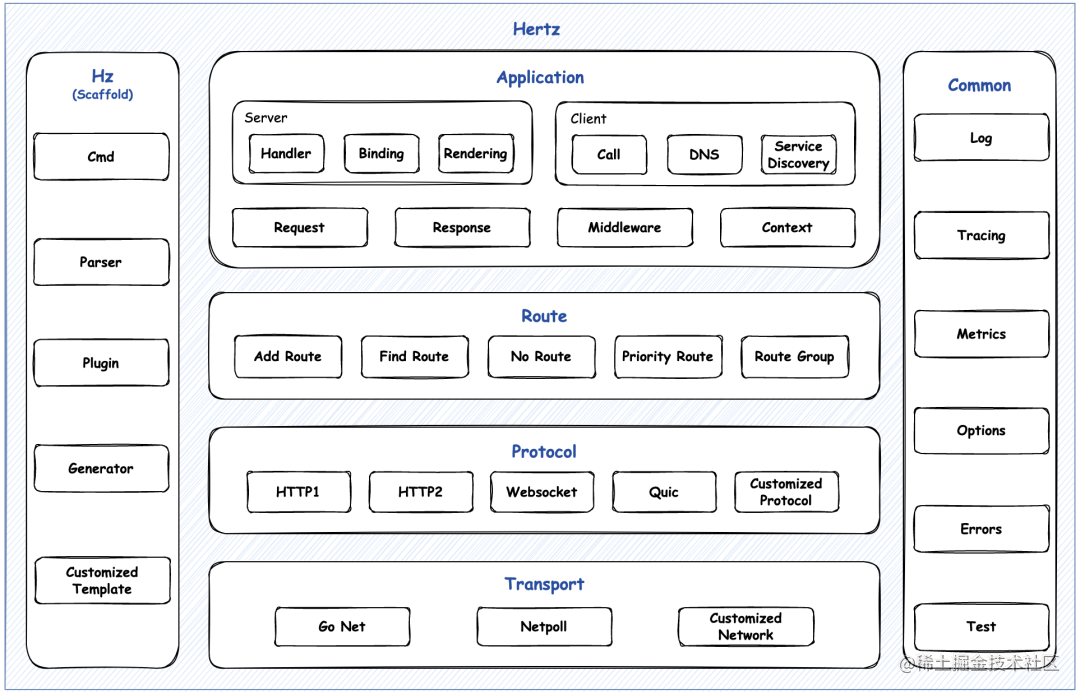
应用层
主要包括与用户直接交互的易用的API,主要包括Server、Client和一些其他通用抽象。Hertz框架最具特点的是处理函数(HandlerFunc)多了一个context上下文,这是在大量的实践过程中发现的,业务方通常需要一个标准的上下文在RPC Client或者日志、Tracing等组件间传递,但由于请求上下文(RequestContext)生命周期局限于一次HTTP请求之内而以上提到的场景往往存在异步的传递和处理, 导致如果直接传递请求上下文,会导致出现一些数据不一致的问题。因此最终增加了一个标准的上下文入参,从根本上解决各种因为上下文生命周期不一致的异常问题,处理函数的格式为:
type HandlerFunc func(c context.Context,ctx *app.RequestContext)
路由层
Hertz在设计路由时,给了用户极高的自由度去注册路由,支持的路由有:支持静态路由、参数路由的注册;支持按优先级匹配,支持路由回溯,支持尾斜线重定向。例如:
1.优先级匹配,如/a/b和/:c/b,同时满足时,优先匹配/a/b
2.路由回溯,如注册/a/b和/:c/d,当匹配/a/d时仍然能够匹配上/:c/d
3.支持尾斜线重定向,如注册/a/b,当匹配/a/b/时重定向到/a/b上
协议层
协议层负责不同协议的实现和扩展。Hertz支持协议的扩展,用户只需要实现下面的接口便可以按照自己的需求在引擎上扩展协议,同时也支持通过ALPN协议协商的方式注册。Hertz首批只开源了 HTTP1 实现,未来会陆续开源 HTTP2、QUIC 等实现。协议层扩展提供的灵活性甚至可以超越 HTTP 协议的范畴,用户完全可以按需注册任意符合自身需求的协议层实现,并且加入到Hertz的引擎中来,同时,也能够无缝享受到传输层带来的极致性能。
传输层
传输层负责底层的网络库的抽象和实现
Hertz支持底层网络库的扩展。Hertz原生完美匹配Netpoll,在时延方面有很多深度的优化,Netpoll对TLS能力的支持有待完善,为此Hertz底层同时支持基于Golang标准网络库的实现适配,同时支持网络库的一键切换,用户可根据自己的需求选择合适的网络库进行替换。如果用户有更加高效的网络库或其他网络库需求,也完全可以根据需求自行扩展。
HZ脚手架
用户可以提供一个IDL,利用命令行工具Hz,一键生成项目脚手架。Hz也支持基于IDL的更新能力,能够基于IDL变动智能地更新项目代码。Hz支持Thrift和Protobuf两种IDL定义。
Hertz的使用
一个简单的案例:利用Hertz监听8080端口并编写/ping的get处理函数
package main
import (
"context"
"github.com/cloudwego/hertz/pkg/app"
"github.com/cloudwego/hertz/pkg/app/server"
"github.com/cloudwego/hertz/pkg/common/utils"
"net/http"
)
func main() {
h := server.Default(server.WithHostPorts("127.0.0.1:8080"))
h.GET("/ping", func(c context.Context, ctx *app.RequestContext) {
ctx.JSON(http.StatusOK, utils.H{"ping": "pong"})
})
h.Spin()
}
Hertz和gin一样,提供了分组路由的功能
v1 := h.Group("/v1")
{
v1.GET("/login", func(c context.Context, ctx *app.RequestContext) {
})
}
v2 := h.Group("/v2")
{
v2.GET("/login", func(c context.Context, ctx *app.RequestContext) {
})
}
Hertz路由的匹配优先级:静态路由>命名路由>通配路由
h.GET("/herz/:version", func(c context.Context, ctx *app.RequestContext) {
})
h.GET("/herz/*action", func(c context.Context, ctx *app.RequestContext) {
})
参数绑定:Bind、Validate、BindAndValidate用于参数绑定和校验
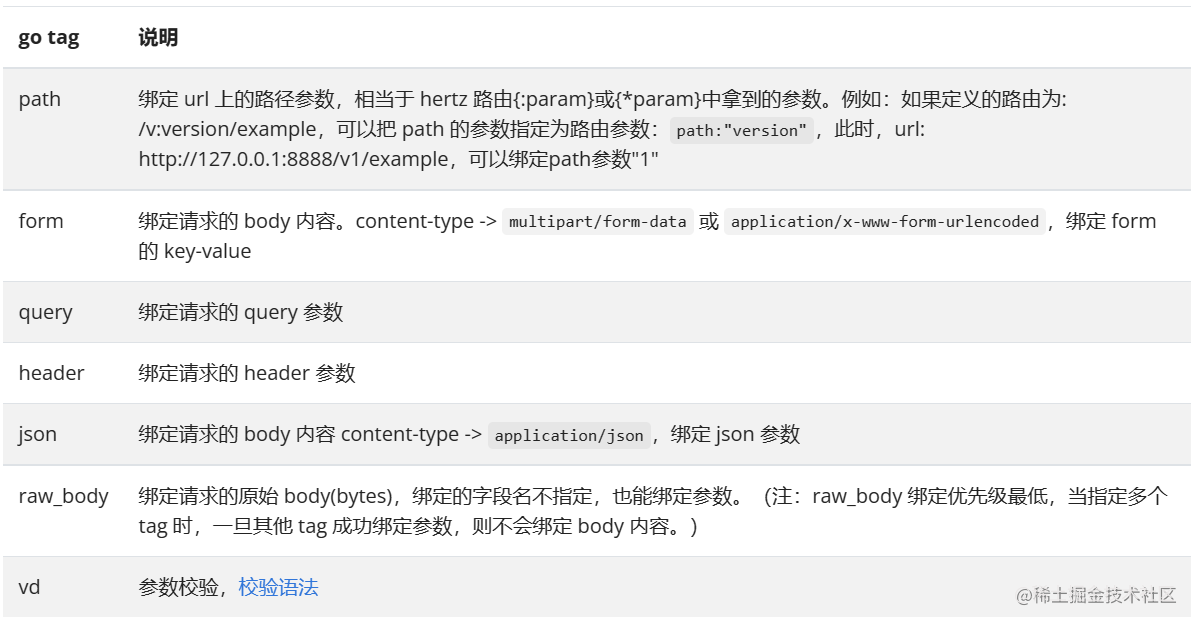
参数校验:
type InfoRequest struct {
Name string `vd:"($!='Alice'||(Age)$==18) && regexp('\w')"`
Age int `vd:"$>0"`
Email string `vd:"email($)"`
Phone1 string `vd:"phone($)"`
OtherPhones []string `vd:"range($, phone(#v,'CN'))"`
*InfoRequest `vd:"?"`
Info1 *InfoRequest `vd:"?"`
Info2 *InfoRequest `vd:"-"`
}
自定义验证函数:
import "github.com/cloudwego/hertz/pkg/app/server/binding"
func init() {
binding.MustRegValidateFunc("test", func(args ...interface{}) error {
if len(args) != 1 {
return fmt.Errorf("the args must be one")
}
s, _ := args[0].(string)
if s == "123" {
return fmt.Errorf("the args can not be 123")
}
return nil
})
}
参数绑定优先级:
path > form > query > cookie > header > json > raw_body
type Args struct {
Query string `query:"query"vd:"$!='Hertz'"`
QuerySlice []string `query:"queryslice"`
Path string `path:"path"`
Header string `header:"header"`
Form string `form:"form"`
Json string `json:"json"`
}
func main(){
h := server.Default(server.WithHostPorts("127.0.0.1:8080"))
h.POST("v:path/bind", func(c context.Context, ctx *app.RequestContext) {
var arg Args
err := ctx.BindAndValidate(&arg)
if err != nil {
panic(err)
}
})
}
中间件
func MyMiddleware() app.HandlerFunc {
return func(c context.Context, ctx *app.RequestContext) {
fmt.Println("pre-handle")
ctx.Next(c)
fmt.Println("post-handle")
}
}
func main() {
h := server.Default(server.WithHostPorts("127.0.0.1:8080"))
h.Use(MyMiddleware())
}
HTTP Client
Hertz提供了HTTP Client来模拟用户的请求
package main
import (
"context"
"fmt"
"github.com/cloudwego/hertz/pkg/app/client"
"github.com/cloudwego/hertz/pkg/protocol"
)
func main() {
c, err := client.NewClient()
if err != nil {
return
}
status, body, _ := c.Get(context.Background(), nil, "http://baidu.com")
fmt.Printf("status:%v body:%v", status, string(body))
var postArgs protocol.Args
postArgs.Set("arg", "a")
status, body, _ = c.Post(context.Background(), nil, "http://baidu.com", &postArgs)
fmt.Printf("status:%v body:%v", status, string(body))
}
Hertz代码生成工具
编写IDL
namespace go hello.example
struct HelloReq{
1:string Name (api.query="name");
}
struct HelloResp{
1:string RespBody;
}
service HelloService{
HelloResp HelloMethod(1:HelloReq request)(api.get="/hello")
}
利用hz工具生成代码
hz new -module mod_name -idl idl/hello.thrift
生成的代码目录结构
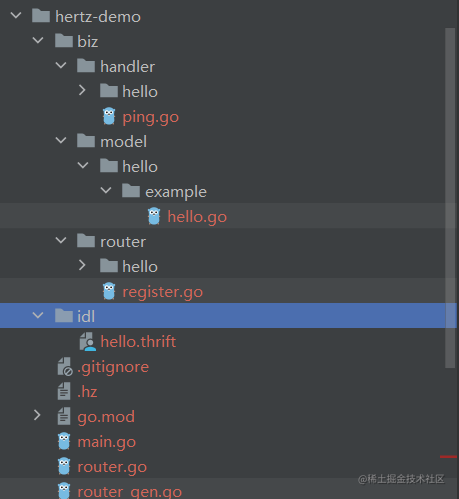
生成的主要代码:
biz/handler/hello/example/hello_service.go
// Code generated by hertz generator.
package example
import (
"context"
"github.com/cloudwego/hertz/pkg/app"
"github.com/cloudwego/hertz/pkg/protocol/consts"
example "hertz-demo/biz/model/hello/example"
)
// HelloMethod .
// @router /hello [GET]
func HelloMethod(ctx context.Context, c *app.RequestContext) {
var err error
var req example.HelloReq
err = c.BindAndValidate(&req)
if err != nil {
c.String(consts.StatusBadRequest, err.Error())
return
}
resp := new(example.HelloResp)
c.JSON(consts.StatusOK, resp)
}
biz/router/hello/example/hello.go
// Code generated by hertz generator. DO NOT EDIT.
package Example
import (
"github.com/cloudwego/hertz/pkg/app/server"
example "hertz-demo/biz/handler/hello/example"
)
/*
This file will register all the routes of the services in the master idl.
And it will update automatically when you use the "update" command for the idl.
So don't modify the contents of the file, or your code will be deleted when it is updated.
*/
// Register register routes based on the IDL 'api.${HTTP Method}' annotation.
func Register(r *server.Hertz) {
root := r.Group("/", rootMw()...)
root.GET("/hello", append(_hellomethodMw(), example.HelloMethod)...)
}
